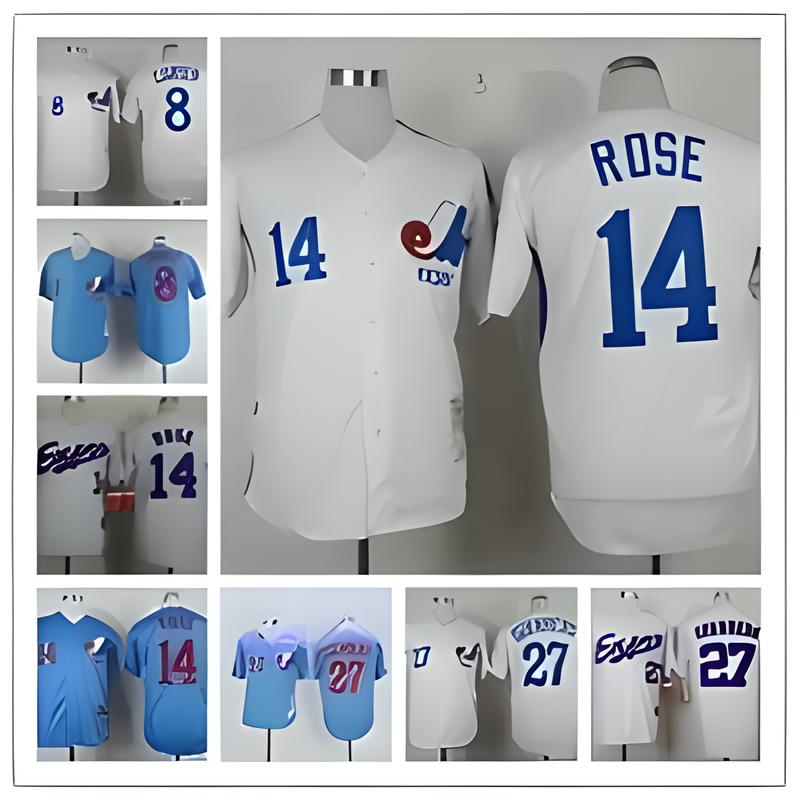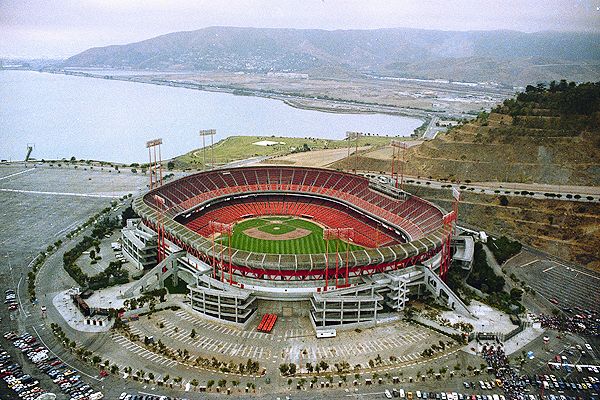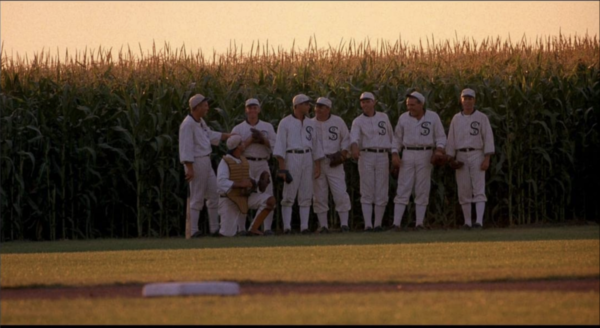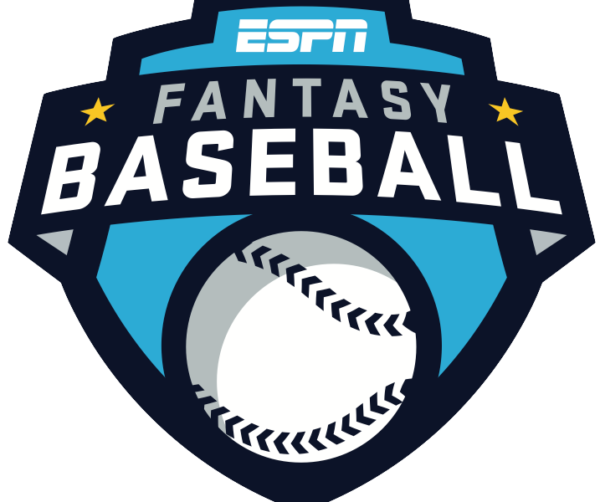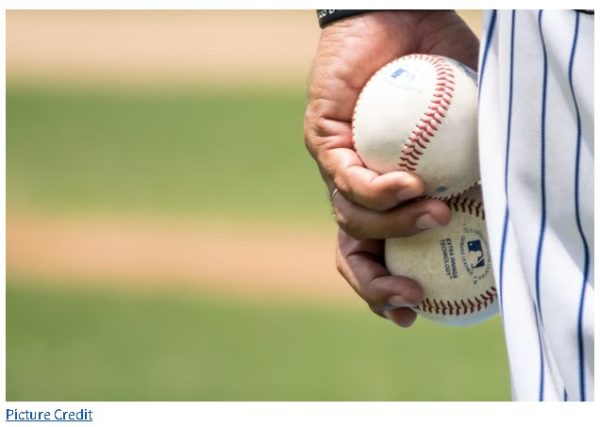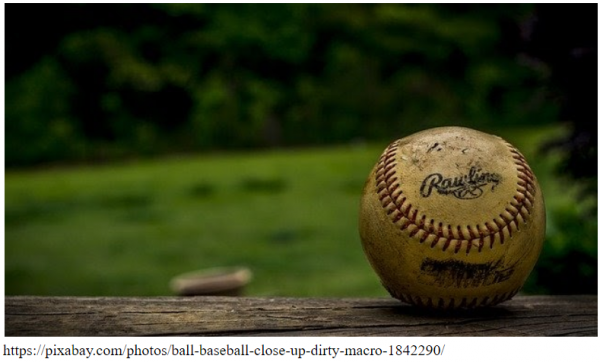To the untrained eye, playing first base seems simple and straightforward. For many years, people incorrectly assumed that first basemen needed not be agile, and the position developed a reputation for involving the slowest, least athletically talented member of the team. However, this way of thinking can see teams facing serious troubles.
Today’s first baseman needs to be agile, quick on his or her feet, and reactive. Perfecting plays in this position requires some finesse, but there are a few general tips that every first baseman can immediately benefit from. Whether you’re joining an intramural baseball league for fun or you’re looking to improve and get some more playing time on your high school team, these general first baseman tips will help you refine your skills and become a better first baseman than you ever imagined you had the capacity for.
Strategic Placement
It’s all about footwork when it comes to first base. While there’s no predetermined distance you should play from the base, however, it’s essential that from your position you’ll be able to reach a ball hit quickly down the line, and be close enough to the base that you’ll be able to field a throw from your fellow infielders. In one game you’ll be expected and forced to range to your left, right into the foul territory, and in front for potential bunts.
The first baseman plays a significant role in fielding bunts. Your assistance to the pitcher is essential; generally, first basemen cover all bunts to the right side of the infield, so you’ll need to be prepared to rush forward and back to the plate with ease. With all of these directions on your plate, it’s important to practice agility and keep your mind mentally sharp. Mental clarity is essential in any sport, but baseball is a definite game of split-second decisions that can sway the pace of the inning. Use a service like Lumosity to keep your brain firing on all cylinders—you’ll be surprised how a little extra brain power can improve your game.
First basemen need to be constantly aware of their positioning and covering as much surrounding ground as possible. This means improving your footwork and keeping light on your toes to ensure you can access the ball at any throwing angle. Being aware of your footing can be the make-it-or-break-it factor—if your foot’s off the base by an inch, the runner’s in safe.
Invest in Position Specific Gear
If you’re really looking to excel at a particular position, you’ll need to cater to that position with gear. Your baseball glove is your best friend and most valuable asset when you head out onto that field, so make sure you do your research and get the perfect glove for your first baseman position. First base gloves have a few key differences; they’re usually a lot larger than other infielder’s gloves. They tend to be wide with more depth than other gloves in order to help you “scoop” up the ball and feature a bit more padding. This larger size also makes it an easier throwing target from players in other positions around the field.
Expect Terrible Throws
It might seem counterintuitive, but learning to expect that every throw that comes your way will be a bad one is sure to help you improve your first baseman skills. As you’re in the business of catching throws from every part of the field, it’s important that you’re skilled in spinning, ducking, and weaving to handle the ball no matter if it’s coming from the outfield or your shortstop. Agility is important for first baseman and improving your ability to move quickly can help you excel in this position.
Some Last-Minute Tips
Improving as a first baseman means working on every facet of your game. While first base is most often considered an offensive position, keep in mind that the defense provided there is essential. A significant chunk of plays are made on first base, and the first baseman is involved in almost every single infield play. Out on the field, verbal and nonverbal communication is essential, especially between the first baseman and second baseman. Looking for more tips on how to get better at every position? Check out The Baseball Drill Book. You can’t become a pro-level first baseman overnight but these tips and play strategies can put you well on your way to major improvements in this essential position.

